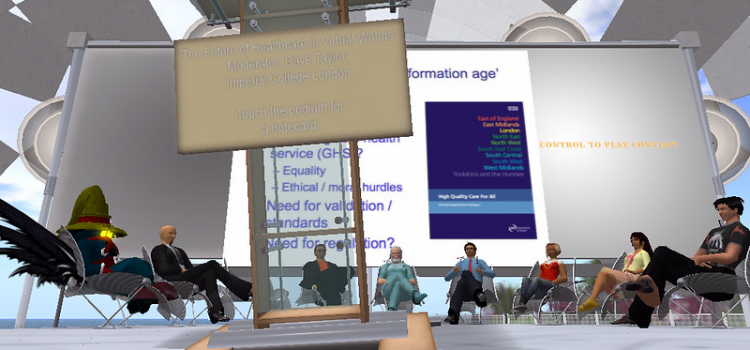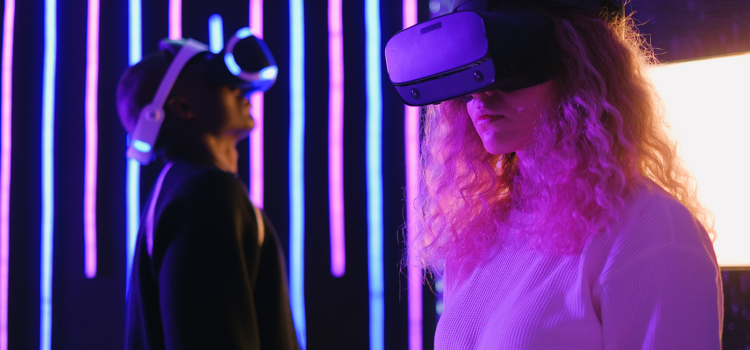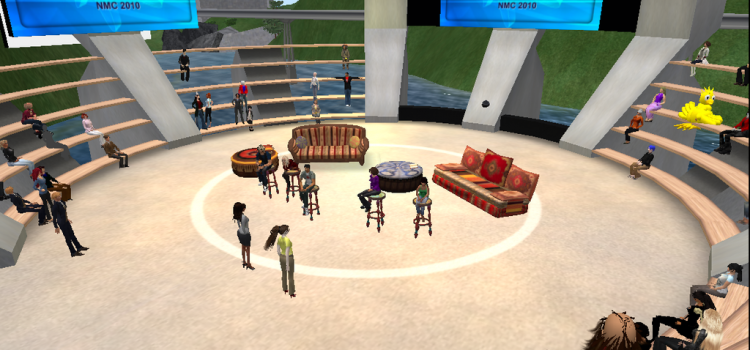I have just seen another article, this time in the Metro issuing scare stories about entry into Europe claiming that the EU is tightening up on border controls starting this year. It is, but much of this seems to be exaggerated for Britons, or should I say British Passport holders.
As far as I can see, this autumn/winter, British passport holders will need a biometric passport to enter the EU and the EEA except Ireland where freedom of movement is guaranteed by the Good Friday agreement. We should note that Bulgaria, Cyprus, and Romania are not in Schengen but Switzerland is it seems in Schengen, because it’s part of the single market.
The UK government have been issuing biometric passports since 2010. To be honest and from my experience at Vienna airport, this first stage will be an advantage to most people.
The second stage is to tell the EU that you intend to travel, the so called ETIAS process. This seems identical to what the USA demands today and has done for over a decade. NB the US charges $21 and lasts for two years. The EU process is new, will have to be done, and paid for, but it’s not exactly onerous and unlikely to be implemented this year. Of course, if we were in the single market, this wouldn’t apply to us and I wonder if NI passports could be exempt although documenting the passport as issued for Northern Ireland would be extremely provocative to the Unionists.
Image credit: Passport Control, BRD, by Heike Baerbel from pixabay, shrunk and cropped, reused under the Pixabay Content licence. …






